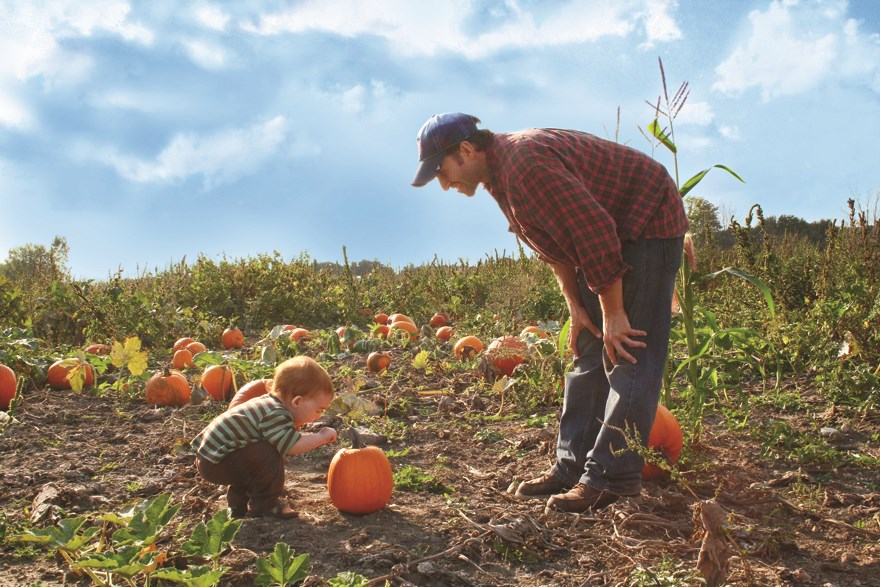Children often find farms fascinating places to visit. Playing with animals and running around in the vast outdoors are just what many kids adore.
As fun as farms can be for children, parents know they can be equally as dangerous, especially for children visiting farms on vacation or school trips. Fortunately, there are many ways concerned parents can protect their farm-friendly children without taking the fun out of their next visit.
Protection from chemicals
Children must be protected from chemical exposure on the farm. Exposure can happen in a number of ways, be it inhaling or breathing chemicals into the lungs or contact between chemicals and the skin or eyes. Children can even ingest chemicals by eating or swallowing something on the farm.
Protecting children from chemicals, such as pesticides, on the farm requires that parents educate children about caution or warning labels. Teach children to stay away from items with caution labels. A “Caution” label is typically used to indicate hazardous items that can cause minor or moderate injury. “Warning” labels are often used to indicate items that cause more serious injuries and possibly death.
Another way parents can protect children from chemical exposure is to be a good role model. When using chemicals, also be especially careful, wearing protective clothing and discarding containers and other materials properly. Make sure all containers are tightly closed and stored in locked cabinets that are out of reach of curious children.
Protection from animals
Animals present a major hazard when children visit the farm. Many children love animals, and that love often takes precedence over safety. When children are visiting a farm with livestock or other animals, parents should emphasize the following points so children can enjoy the animals without risking injury.
• Move slowly and quietly when around animals.
• Avoid an animal’s hind legs and approach larger animals at the shoulder.
• Steer clear of animals with newborns, no matter how cute and cuddly such animals might appear.
• Wear proper attire, including steel toed shoes. Children should always wear helmets when riding animals.
Additional safety measures parents can take include keeping kids away from stallions, bulls, boars, and rams, and emphasizing the importance of having an accessible escape route whenever working with animals.
Protection from grains
A host of hazards exist on a typical farm, and grain equipment is no exception. Though flowing grain might not excite children who have never been around it, children are often fascinated when they witness grain production on a farm for the first time. It’s very easy for children to get trapped in grain or swept away by flowing grain, the force of which is difficult to understand by those who have never seen grain production close up.
When visiting a farm, parents should ensure that all access doors to grain storage structures are locked before letting kids out of their sight. In addition, ask if it’s possible to shut off power to grain-producing equipment. Keep children away from grain wagons and do not permit them to enter grain storage areas. When taking children to farms with heavy grain production, employ the buddy system and ensure each child has an adult with them at all times.



